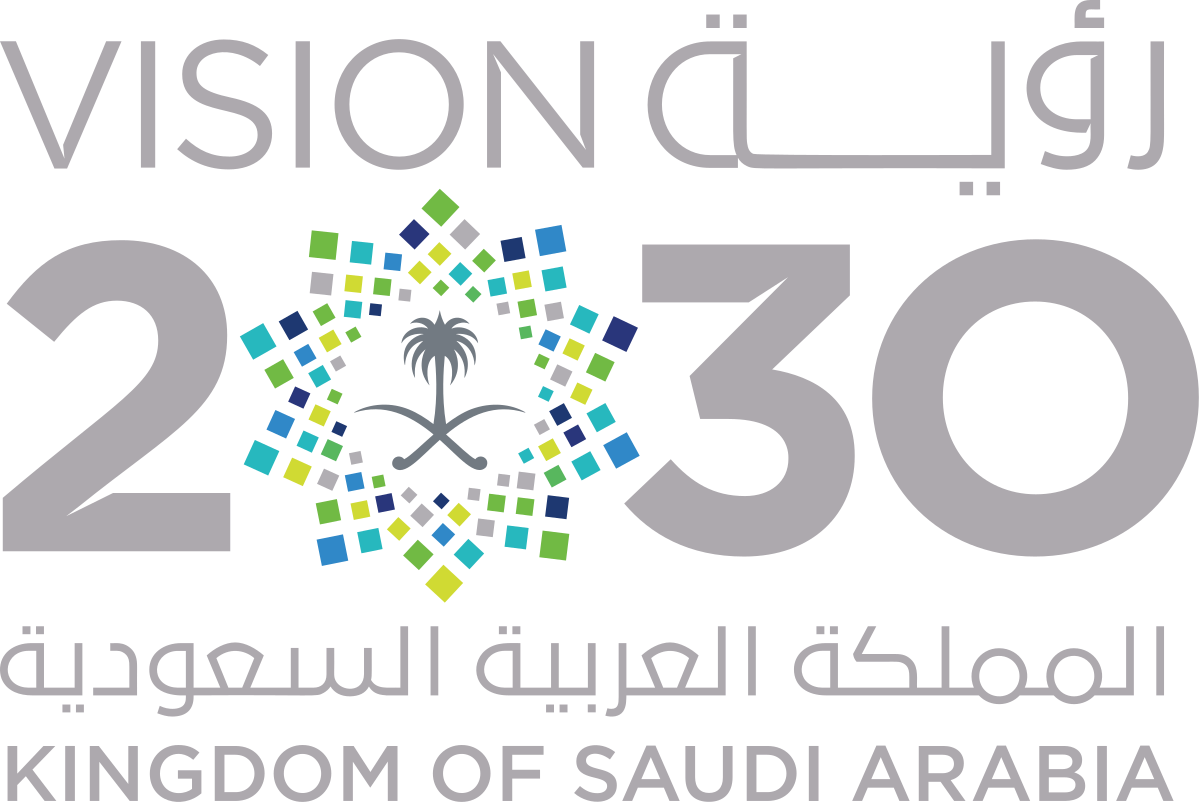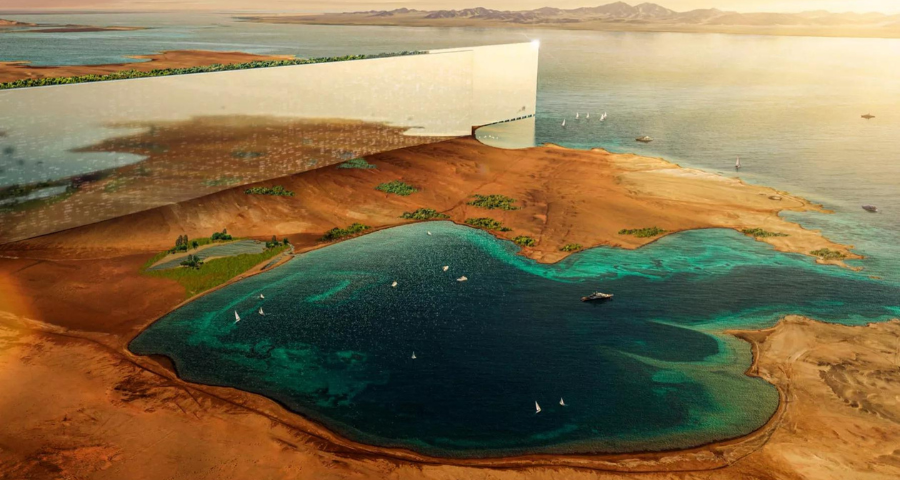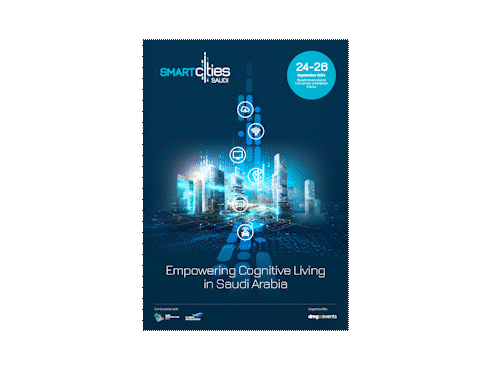Welcome to a new era of smart communities
in Saudi Arabia
Smart infrastructure in Saudi Arabia is expected to reach a value of 14,745.2 million by 2027. The Saudi government, through initiatives like the National Transformation Program, is actively working to streamline infrastructure, advance society, ensure resource sustainability, improve governance, drive digital transformation, and enhance the labor market to achieve the Vision 2030 objectives. As part of this initiative, the Kingdom of Saudi Arabia is eager to collaborate with international partners with the primary goal of providing innovative housing to more than 85% of the urban population in Saudi Arabia.

























